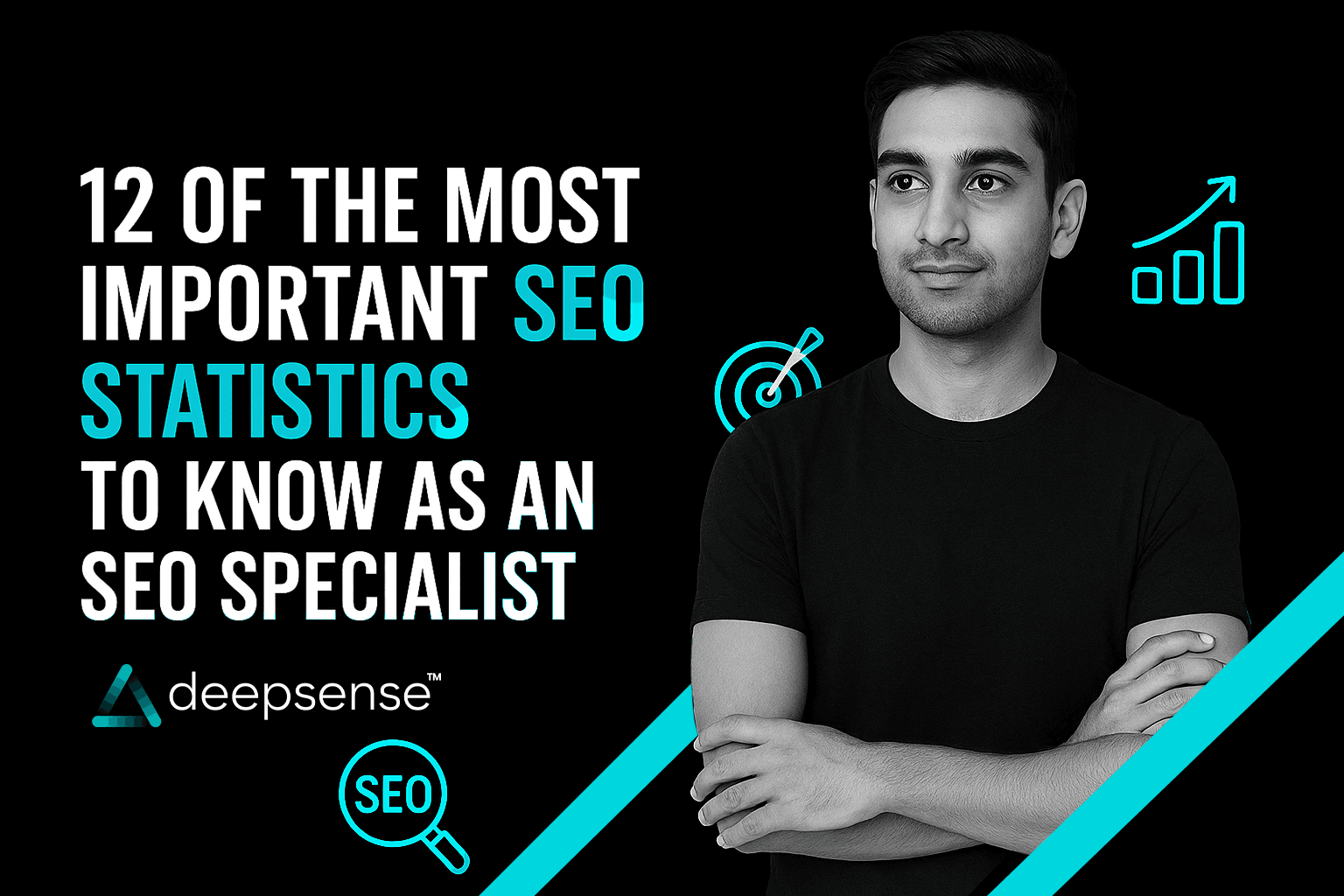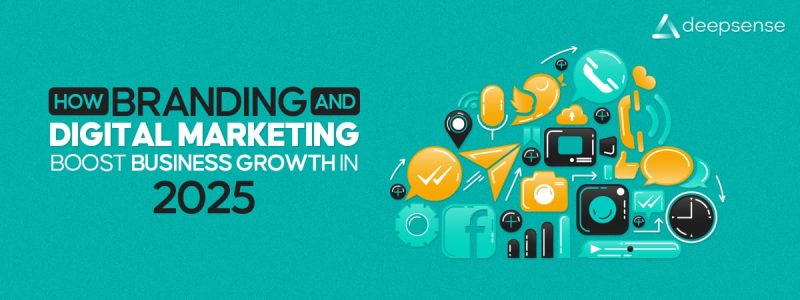If there’s one thing SEO specialists learn early on, it’s this: Google never sleeps.
Search algorithms evolve, user behavior shifts, and yesterday’s “sure-shot” tactic could be today’s “SEO mistake.”
That’s why staying updated on the right data matters.
Not just random numbers thrown around in presentations, but stats that can actually shape your strategy and results.
In this post, we’ll dive into 12 key SEO statistics for 2025 that every SEO pro should know, backed by real insights, current trends, and actionable takeaways you can put to work immediately.
1. Organic Search Drives 53% of All Website Traffic
- Why it matters: Paid ads are great for instant visibility, but organic search remains the backbone of sustainable growth.
- What you should do: Invest in high-quality, evergreen content and technical SEO, it’s your ticket to long-term ROI.
2. 68% of Online Experiences Begin with a Search Engine
- Why it matters: This means SEO isn’t just “another marketing channel.” It’s where most journeys start.
- Pro tip: Map your content to the search intent—whether that’s informational (“what is…”), navigational (“brand name”), or transactional (“buy…”).
3. 75% of Users Never Scroll Past the First Page of Google
- Why it matters: If you’re ranking on Page 2, you’re basically invisible.
- What you should do: Focus on keyword optimization, CTR improvement, and better on-page UX to climb those final ranking spots.
4. The Average Click-Through Rate (CTR) for the #1 Organic Result is 39.8%
- Why it matters: Almost 4 out of 10 clicks go to the first result.
- Pro tip: Use compelling meta titles + descriptions with emotional triggers and clarity to earn that click.
5. Mobile Accounts for 63% of All Google Searches
- Why it matters: Mobile-first indexing is here to stay. If your site isn’t optimized for mobile, you’re losing both rankings and visitors.
- What you should do: Test your site’s mobile speed and design, Google’s PageSpeed Insights is your friend here.
6. 55% of All Google Searches End Without a Click
- Why it matters: Zero-click searches (like quick answers in SERPs) mean fewer visits to your site unless you adapt.
- Pro tip: Target featured snippets, People Also Ask boxes, and structured data to grab attention in the SERP.
7. 46% of All Google Searches Are Local
- Why it matters: If you’re working with any local business, this is pure gold.
- What you should do: Optimize Google Business Profile, add local keywords, and get listed in relevant directories.
8. Pages with Videos Are 53x More Likely to Rank on Page One
- Why it matters: Video isn’t just a social media trend, it’s an SEO booster.
- Pro tip: Embed short, relevant videos on high-value pages and optimize video titles + descriptions for search.
9. The Average First-Page Result Has 1,447 Words
- Why it matters: Long-form content still wins, but only if it’s useful, well-structured, and easy to read.
- What you should do: Don’t write fluff to hit a word count, focus on covering the topic completely.
10. 88% of Consumers Trust Online Reviews as Much as Personal Recommendations
- Why it matters: Reviews impact local SEO rankings and click-throughs.
- Pro tip: Encourage happy customers to leave reviews—and always respond to them.
11. Updating Old Content Can Increase Traffic by Up to 111%
- Why it matters: Freshness is a ranking factor, and your old blog posts are untapped gold.
- What you should do: Add new stats, optimize for trending keywords, and refresh visuals.
12. Voice Search Is Expected to Account for 50% of All Searches by 2025
- Why it matters: With smart speakers and mobile voice assistants everywhere, voice-friendly content is no longer optional.
- Pro tip: Optimize for conversational keywords and FAQs.
Final Takeaway
SEO isn’t about chasing every trend, it’s about knowing which stats actually matter for your goals.
Use these numbers to:
- Prioritize the right optimizations
- Create content people actually want to read
- Build a site experience that Google and users love
Because at the end of the day, good SEO is really about connecting the right people with the right content at the right time, and these stats will help you do just that.
FAQs
1. What does AI have to do with upskilling and reskilling employees?
Think of AI as your smart learning buddy at work. It figures out exactly what skills you need to level up in your career and points you toward the right training, no more guesswork or one-size-fits-all courses.
2. How is AI different from traditional training programs?
Traditional training is like giving everyone the same textbook, whether they need it or not. AI, on the other hand, personalizes learning paths, adapts in real time, and makes sure you’re not wasting time on skills you already have.
3. Can AI really figure out what skills I’m lacking?
Yes! AI scans your performance data, role requirements, and even industry trends to spot skill gaps, sometimes before you even notice them yourself.
4. Is AI going to replace human trainers?
Nope. AI is more like a super-assistant for trainers. It handles the heavy lifting, like tracking progress, analyzing skills, and recommending resources, so human mentors can focus on guiding and motivating you.
5. Does AI work for both technical and soft skills?
Absolutely. AI can help you pick up coding languages and improve your communication skills. It’s not just about hard data, it’s about becoming a well-rounded professional.
6. Will my employer use AI training to monitor me too closely?
AI tracks progress to help you grow, not to spy on you. Responsible companies use it to identify opportunities for learning, not to micromanage.
7. How fast can AI-led upskilling show results?
It depends on your learning pace and commitment, but AI-driven programs often deliver visible improvements in weeks, because you’re only focusing on relevant skills.
8. Is AI training expensive for companies?
It can be an investment at first, but it’s often more cost-effective in the long run because it reduces training waste and speeds up employee growth.
9. Can AI upskilling be fun?
Surprisingly, yes! Many AI-powered platforms use gamification, challenges, and real-world projects to make learning engaging instead of boring.
10. What’s the biggest benefit of AI in learning?
Personalization. You get a career growth plan that’s made just for you, like a GPS for your professional journey.











